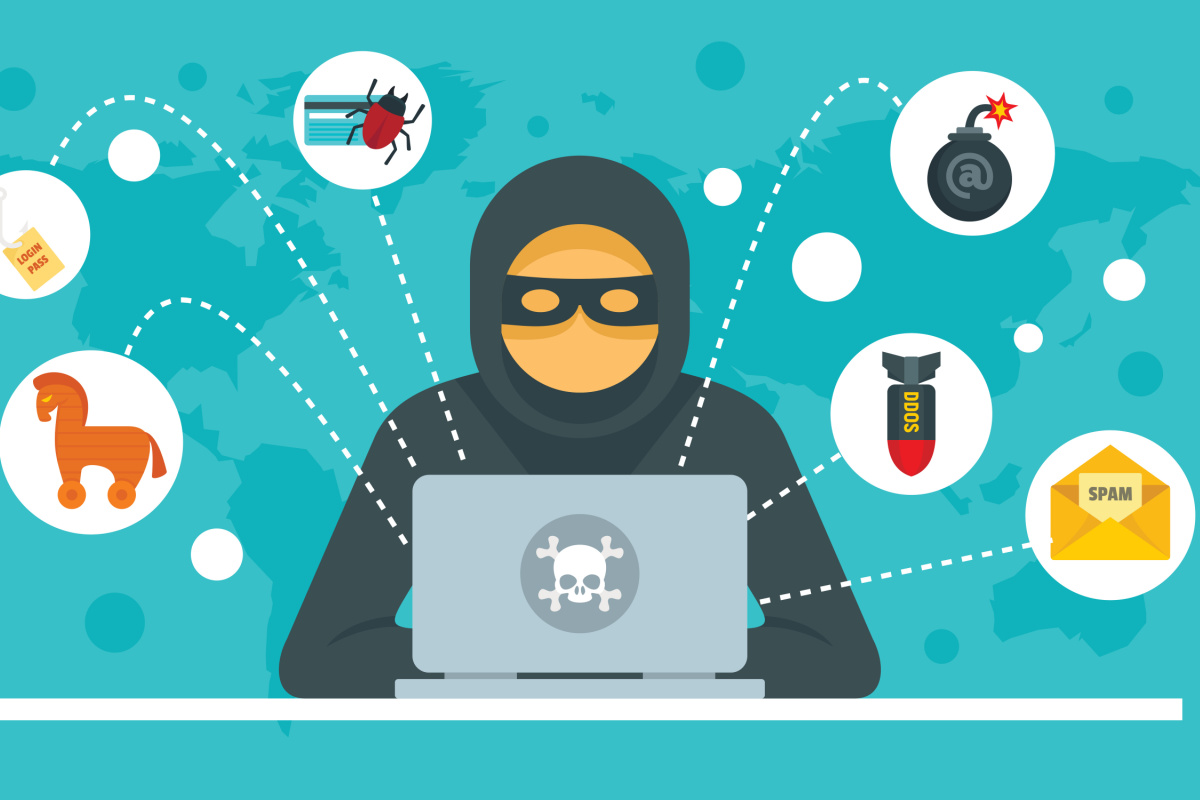Cybercrime is on the rise
Unfortunately, as the world becomes more and more reliant upon technology, so does the prevalence of cyberattacks.
Norton, the world’s biggest online security leader, states there are up to 2,200 cyberattacks per day with global cybercrime costs expected to grow by 15% per year over the next five years, reaching $10.5 trillion annually by 2025. (Cybersecurity Ventures, 2020).
If that is not enough, cyberattacks are more likely to bring down F-35 jets than missiles. (Interesting Engineering, 2021) with the first half of 2021 seeing a 102% increase in ransomware attacks compared to the beginning of 2020. (Check Point, 2021).
Perhaps a silver lining in all of this, is that 75% of targeted cyberattacks start with an email. So we know where we can stop these criminals in their tracks.
So, how do you ensure you are not the next victim?
We share our…
Top 7 ways to help you avoid a cyber attack
-
Be cyber smart
It starts with the basics. Don’t open what looks to be a fraudulent email. If a message or email appears dodgy – it probably is. Trust your gut. Don’t open it and do not click on any links.
Check the sender’s email address – is it correct? Does it sound legitimate? Is the content riddled with spelling mistakes or doesn’t make sense?
These are all red flags.
-
Update your software
Keeping your software up-to-date ensures your systems are not vulnerable to attack. Older software that has not been updated is an open door for cybercriminals.
When you receive alerts to update software and applications, do so immediately. The less chance you have of your software being vulnerable to attack.
-
Use a secure password system
Implement a system such as LastPass to store all your software access and password data.
LastPass assists by generating ultra-secure passwords for you and saves them in one easy location to access on all devices at any time.
Never share the same password between multiple software applications. Each application should have its own unique log-in.
You will truly wonder what you ever did without it.
-
Update passwords
Once you have implemented a system such as LastPass, go through your old accounts and update any old passwords, especially if there are double-ups of the same password across multiple applications.
LastPass makes this so easy you’ll have it done in no time.
If you have been informed of an attempted hack on any of your systems, update your password immediately. LastPass has this dark web monitoring system available and will send you alerts if your data has been compromised.
-
Conduct a data audit
Run a digital headcount on who has access to your data and cull the list where needed. Only give access to data to staff members who really need it.
-
Don’t ever transfer money to unknown senders
This seems like a no-brainer but unfortunately, people are still falling victim to senders requesting money transfers or sensitive information. Never transfer money to unknown senders. Period.
-
Use Multifactor Identification
Otherwise known as two-factor ID, this additional layer of security ensures that only you are accessing your accounts. It adds an extra layer of security by requesting a code upon log-in that is either sent to your phone or email.
If someone is trying to access your accounts that isn’t you, you will know straight away.
Cyberattacks can be a scary prospect. Taking these steps can help you to avoid being a cyberattack victim.
Once implemented, the upkeep of your data security is simple and straightforward. Take the steps now and be proactive before an attack happens, rather than after the fact.
You’ll thank your lucky stars you did!
Jane Morgan is the Director of End of Month Angels, a consultancy firm specialising in Trust Accounting. Jane knows the legislative requirements of running a successful Real Estate office through her 25 years’ industry experience. Don’t trust just anyone with your trust accounting. Book an appointment with an End of Month Angel today.

